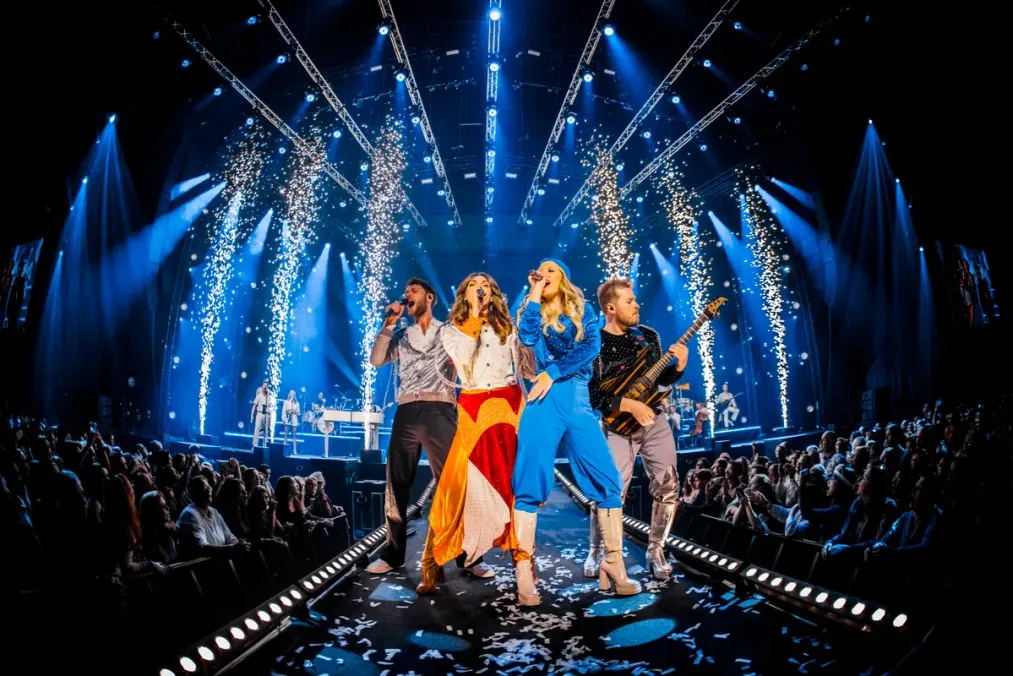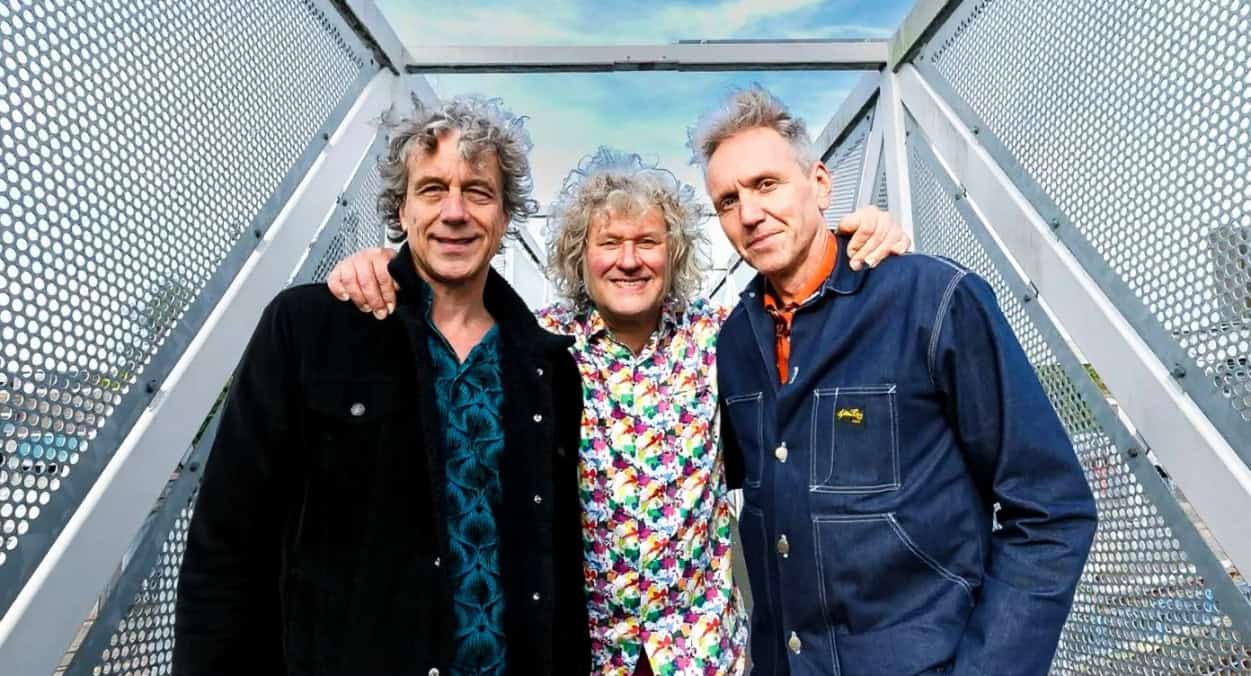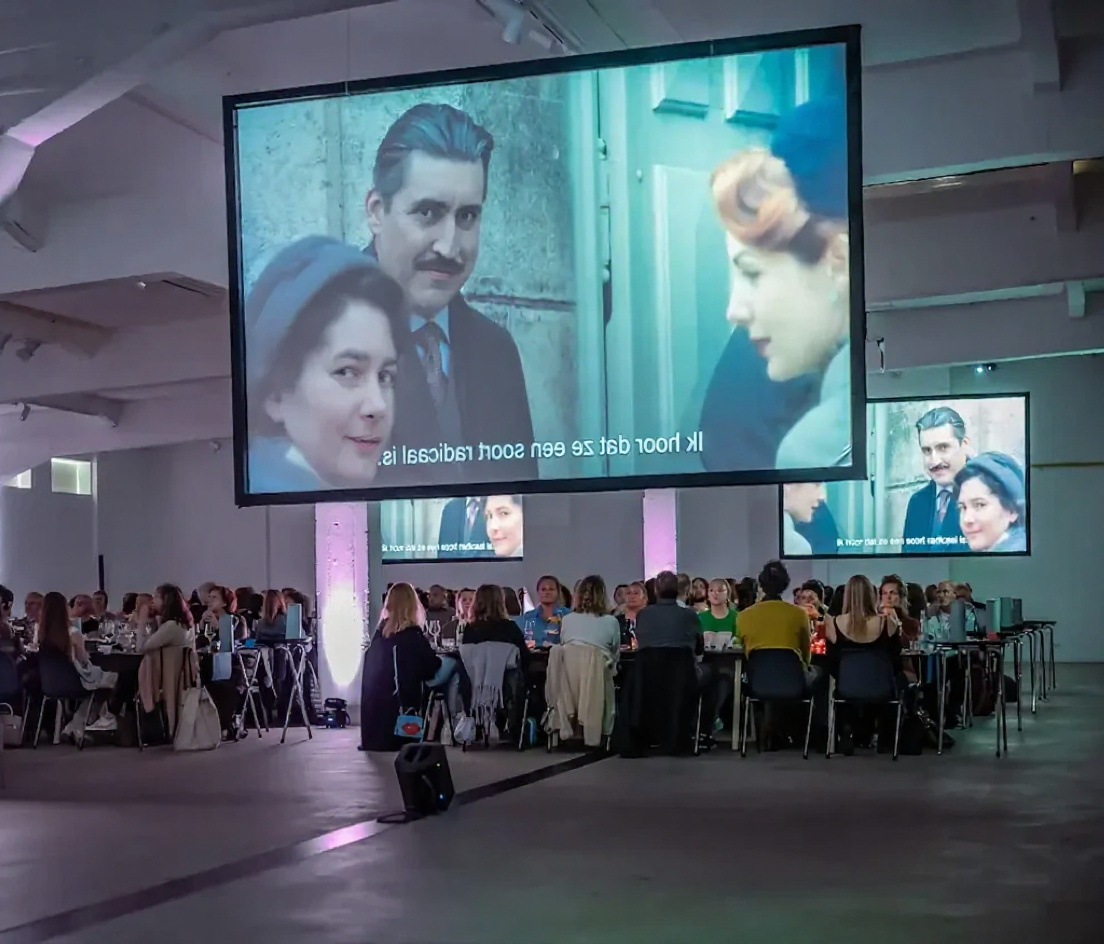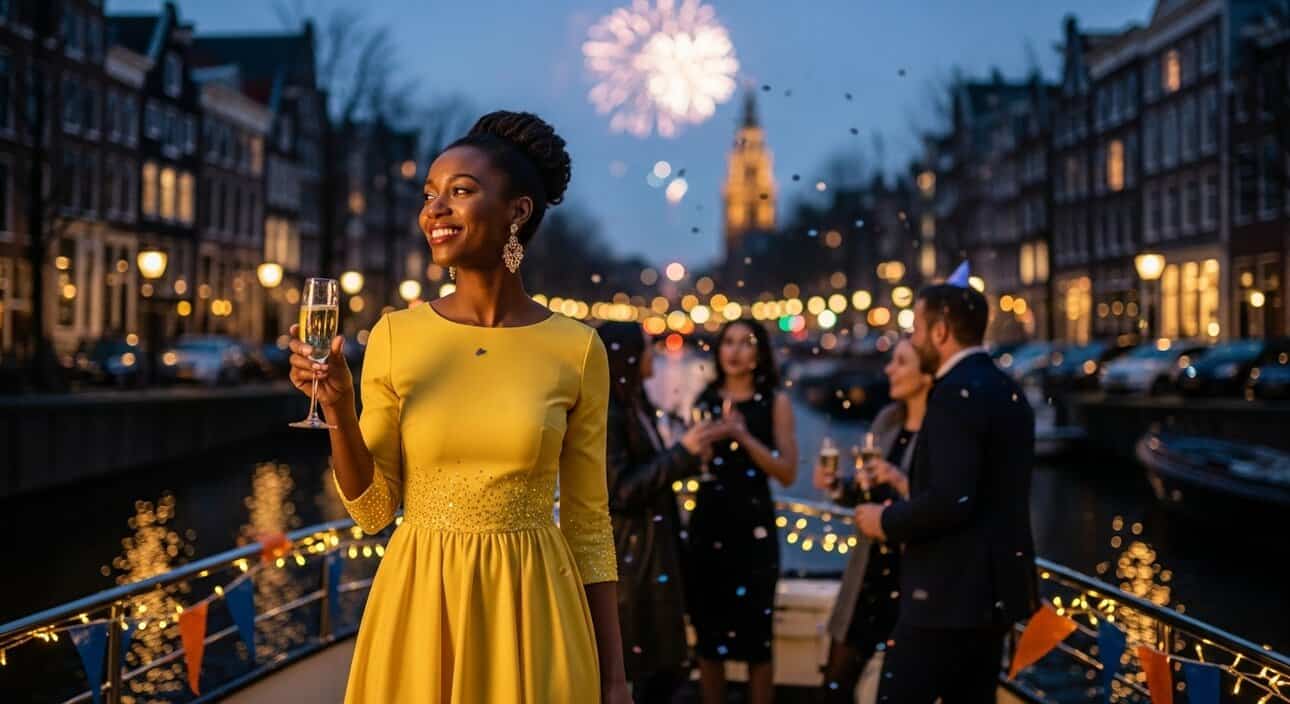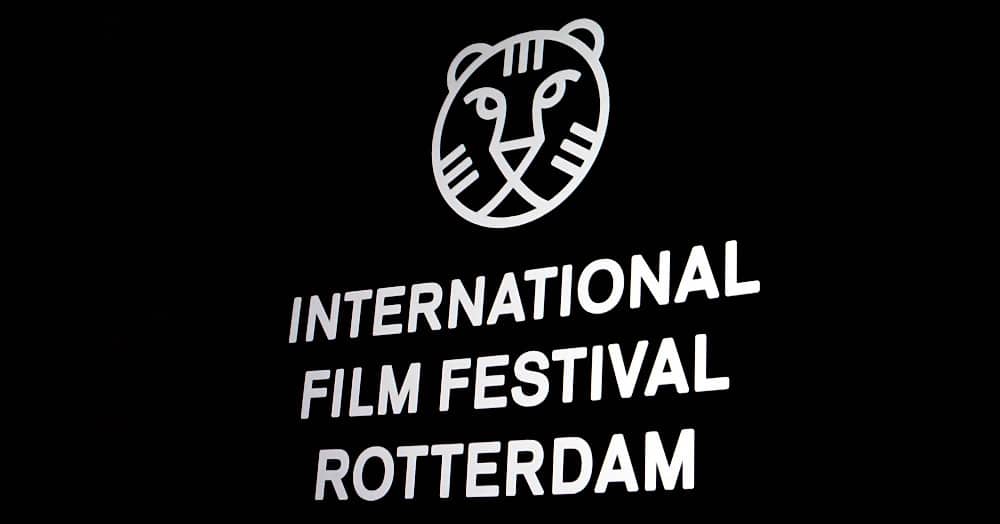HAPPENING 25–26 June | Wereldmuseum Rotterdam will host an international conference on 25 and 26 June exploring the decolonisation of art history through an Asian lens. The event brings together artists, researchers and curators to discuss how imperial legacies continue to shape knowledge, museums and representation.
Image: Morning Glory © Guggenheim Museum New York, by artist Sopheap Pich (speaker at the conference)
Wereldmuseum Rotterdam to host global decolonial art conference
Wereldmuseum Rotterdam will serve as the venue for the upcoming international conference De-Imperialising Histories and Blazing Forms, taking place on 25 and 26 June 2025. The conference is organised in collaboration with the Research Center for Material Culture (RCMC) and Asia Forum, bringing together a diverse group of artists, curators and scholars.
The aim of the two-day event is to reflect critically on how art histories—particularly those rooted in Asia—can challenge and reshape dominant Western narratives. The conference builds upon a previous edition in 2024, which centred on Africa and its diasporas. This year, the focus turns to Asia and its role in the production of knowledge and museum practice.
Confirmed speakers include Cambodian sculptor Sopheap Pich—whose work has been exhibited at institutions such as the Metropolitan Museum of Art and Centre Pompidou—as well as UC Berkeley professor Winnie Wong, known for her research on authorship and the Chinese art market. Other participants include Ming Tiampo, Hammad Nasar, Yoshiko Shimada, Yuko Kikuchi, Eunsong Kim, and the artist collective Without Shape Without Form.
Exploring four themes across borders
The conference is structured around four key themes that examine the dynamics of global art discourse:
- Connectivity – addressing transnational networks, migration, and shared histories
- Making – focusing on material culture, craft, and artistic processes
- Value – exploring systems of validation, institutional authority, and alternative ways of knowing
- Spirituality – delving into ritual, meaning, and the immaterial dimensions of art
These topics will be explored through lectures, panel discussions, artist talks, and performances. The programme is designed to encourage both academic engagement and creative reflection.
Rethinking museum roles
According to Asia Forum members Annie Jael Kwan, Hammad Nasar, John Tain and Ming Tiampo, the conference challenges the traditional binaries of coloniser and colonised. Instead, it seeks to highlight the complex legacy of imperialism in Asia and how museums might respond to these histories.
They state: “This conference invites us to reconsider the histories, practices and objects of Asia, and to explore the alternatives they offer for everyone.”
Accessibility and audience
The conference is open to a broad audience, including academics, students, artists, museum professionals, and individuals with an interest in decolonial theory and artistic practice. Admission is free, but registration is required via the official website: www.materialculture.nl.
About the Research Center for Material Culture
The RCMC, part of Wereldmuseum, plays a central role in rethinking the purpose of museums in the 21st century. Positioned as a research platform, the centre brings together artists, academics, activists and curators to interrogate historical narratives and explore new ways of engaging with heritage and identity.
Its work is organised around fellowships, community initiatives, public programming and publications. These activities often address current issues that connect institutional collections with broader societal concerns.
 RCMC members: Left to right: Hodan Warsame, Esmee Schoutens, Ilaria Obata, Wayne Modest, Carine Zaymaan, Olombi Bois. © James Gallagher.
RCMC members: Left to right: Hodan Warsame, Esmee Schoutens, Ilaria Obata, Wayne Modest, Carine Zaymaan, Olombi Bois. © James Gallagher.
Directions and location
How to get to Wereldmuseum Rotterdam
The conference will take place in the Balzaal (ballroom) of Wereldmuseum Rotterdam, located in the Scheepvaartkwartier neighbourhood. The area is accessible by public transport, including tram and metro, and is within walking distance of the Erasmus Bridge. The museum is situated near the river, surrounded by historic architecture, cafés and cultural institutions.

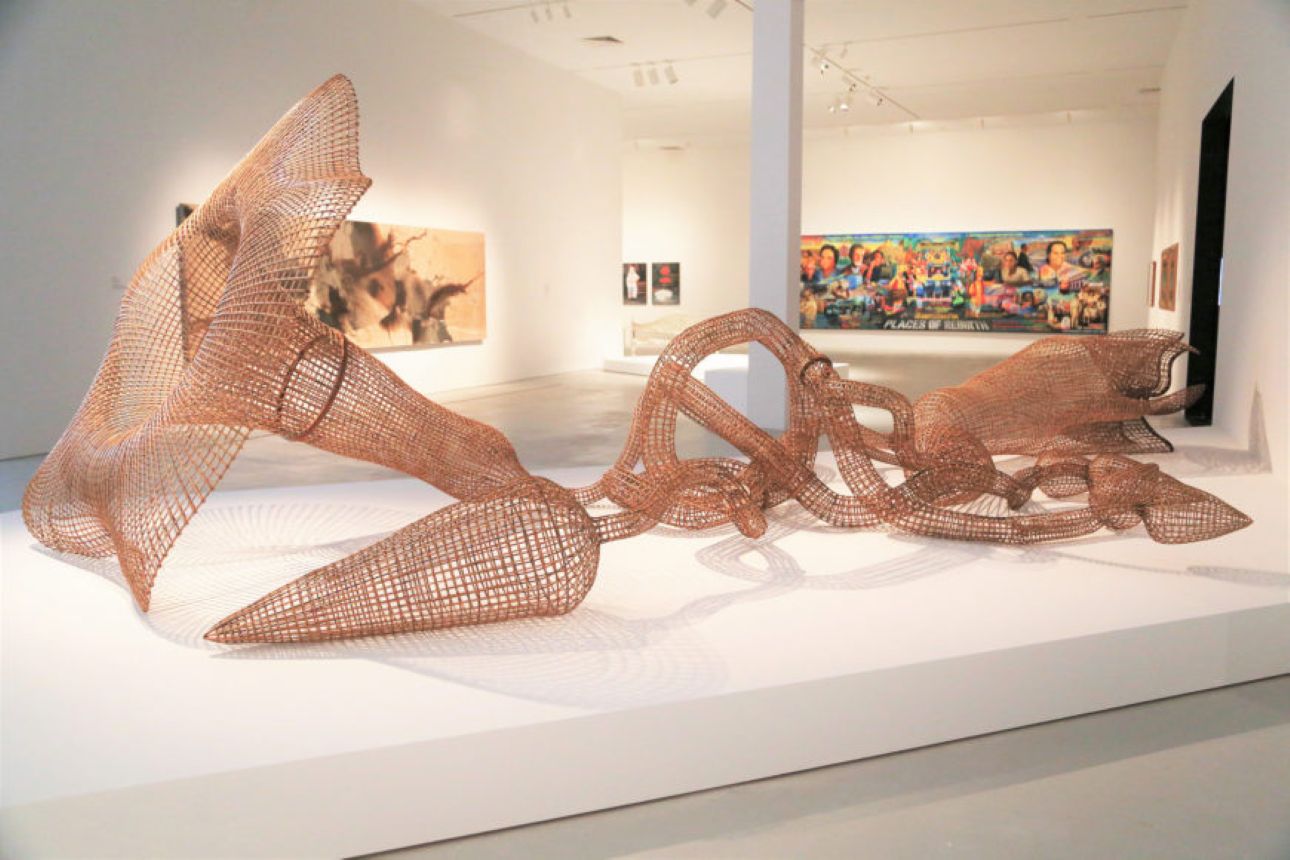
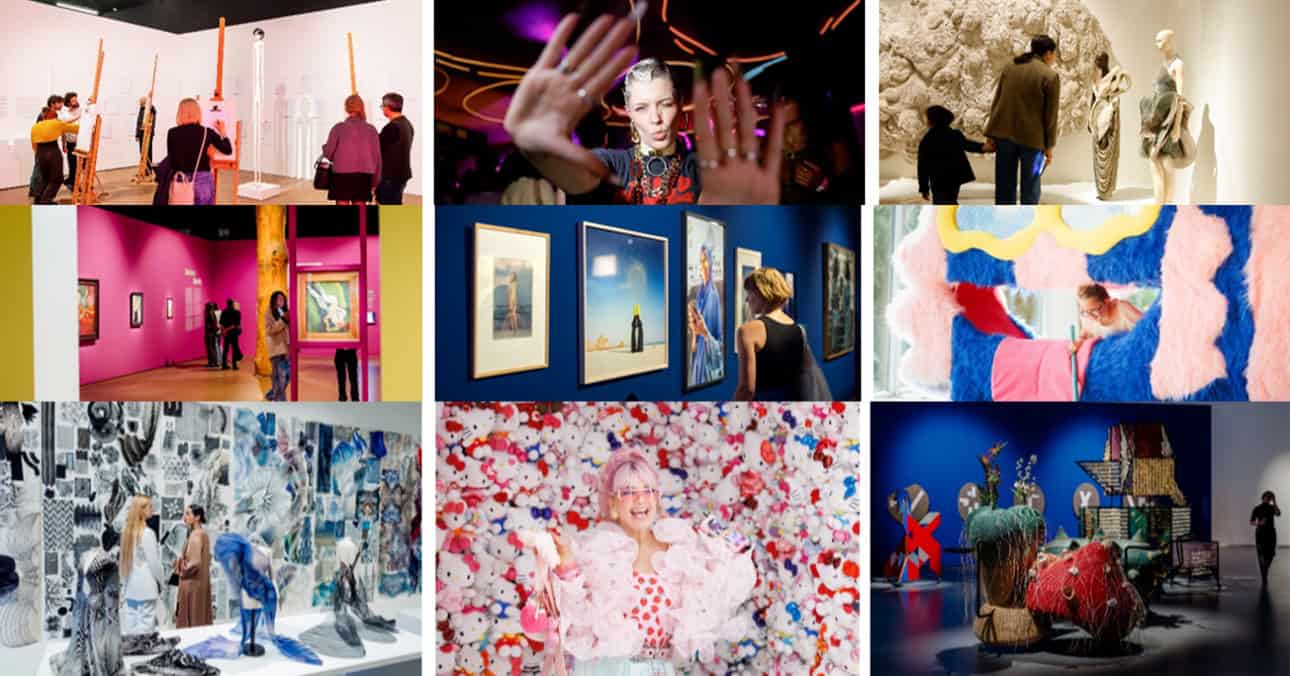
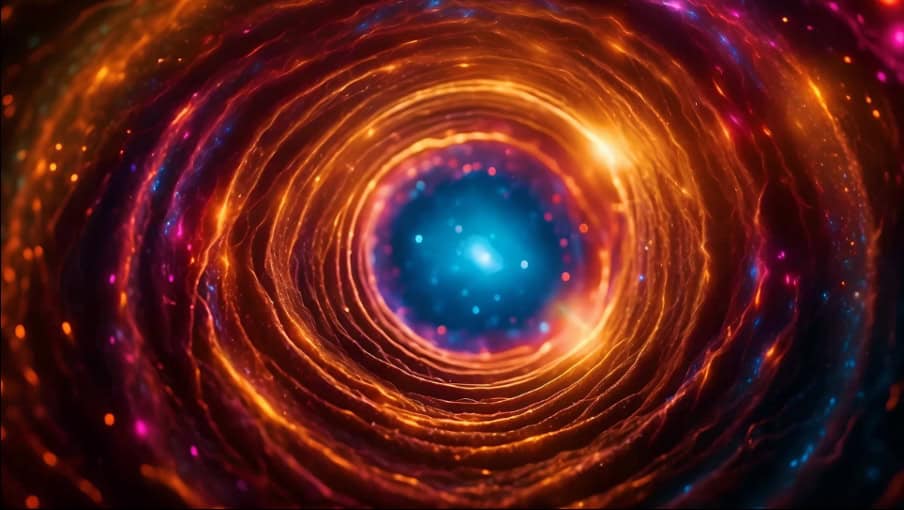

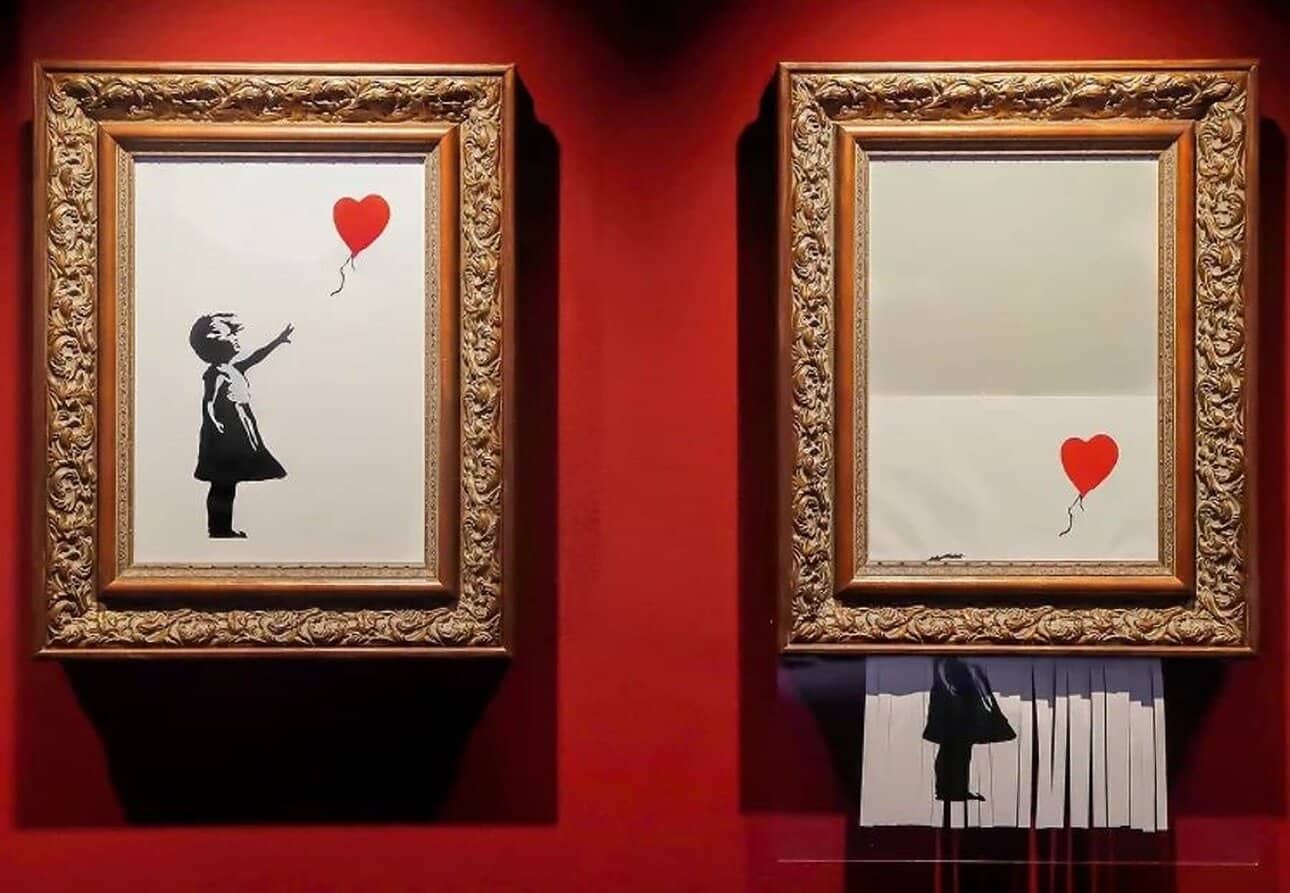
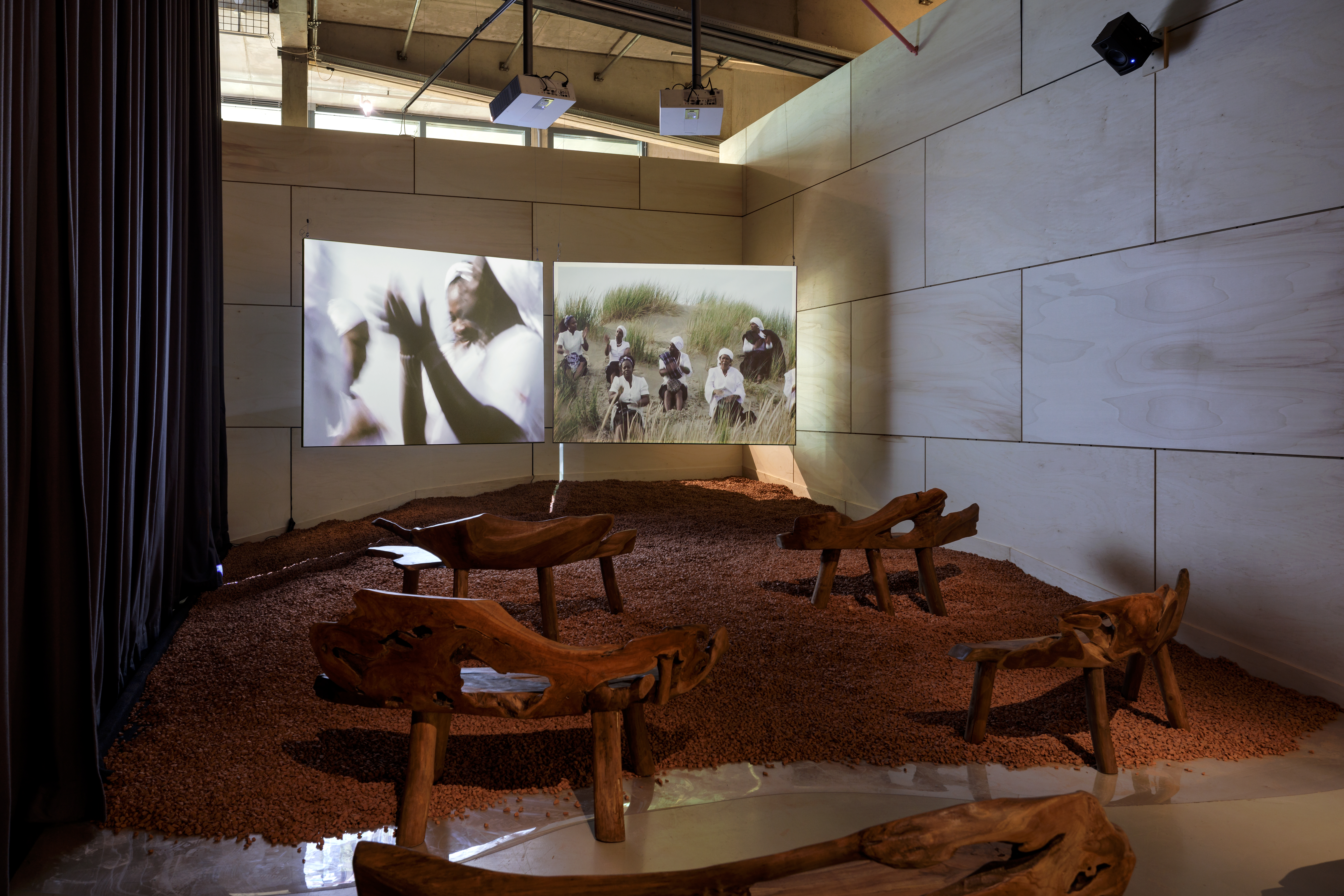
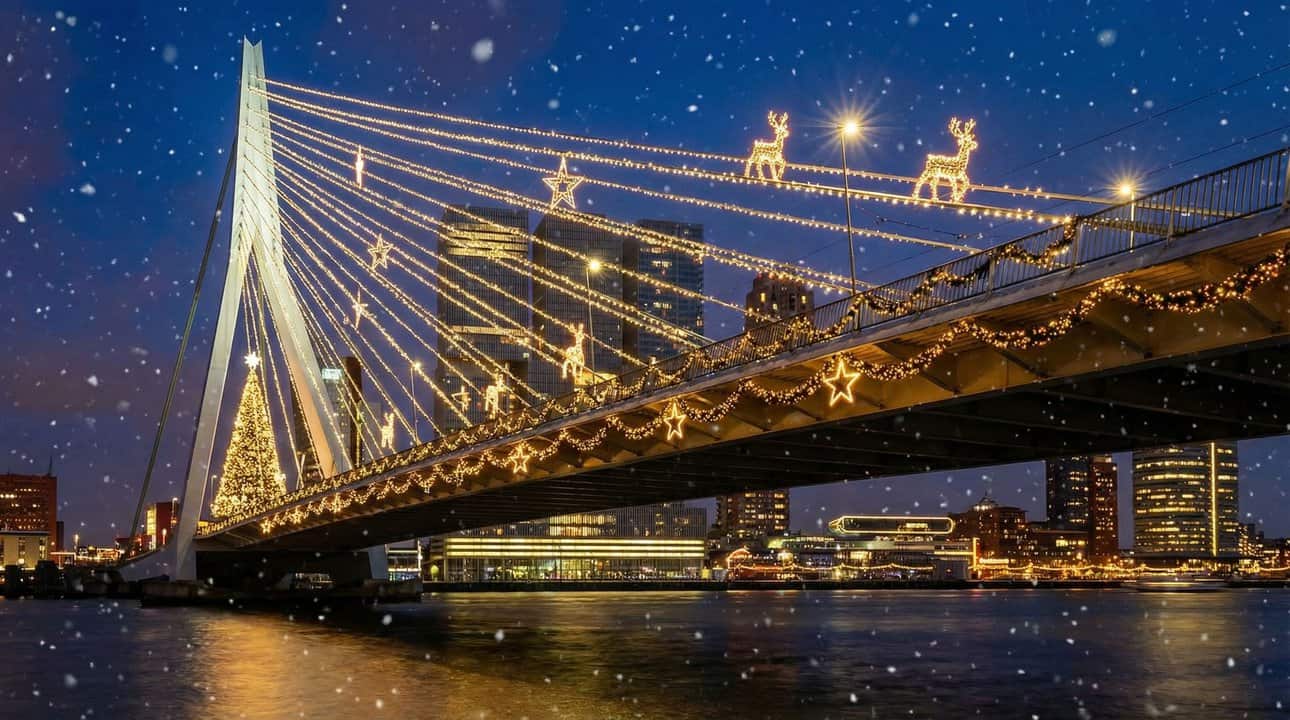
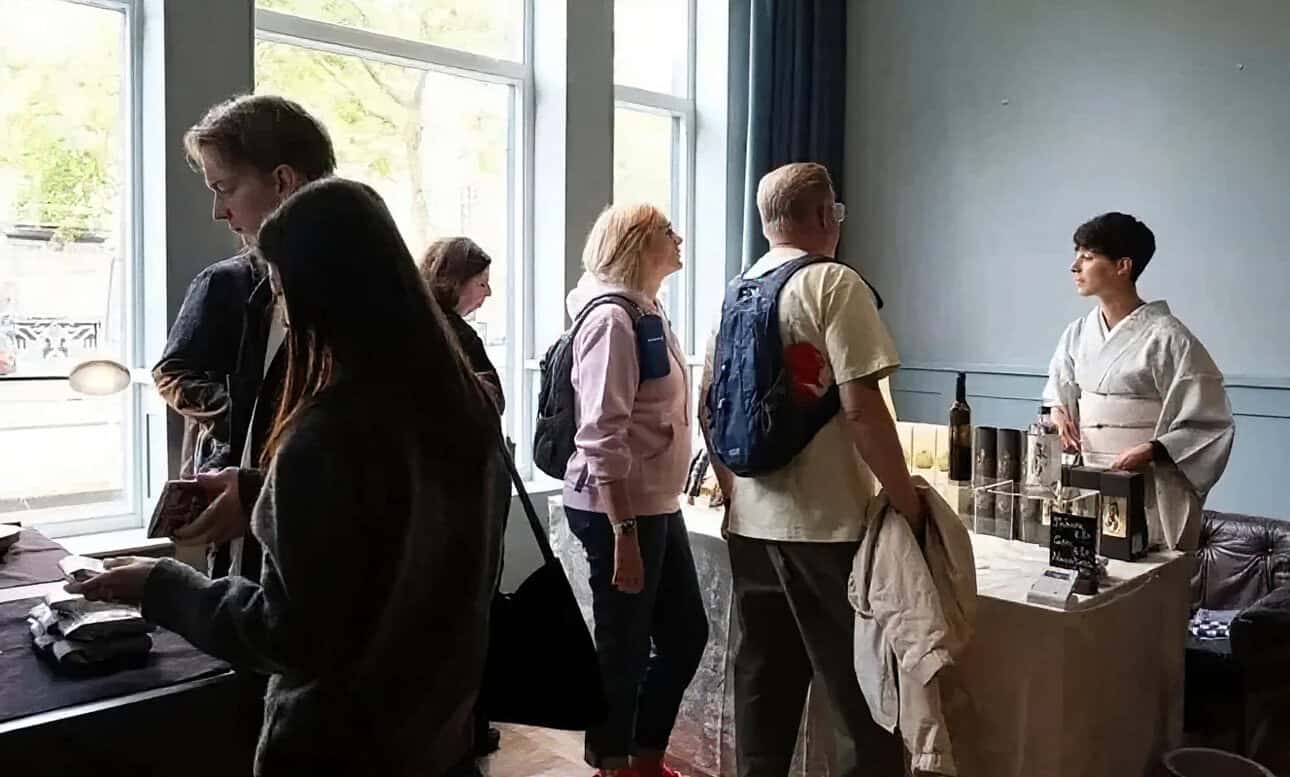
.jpg)
